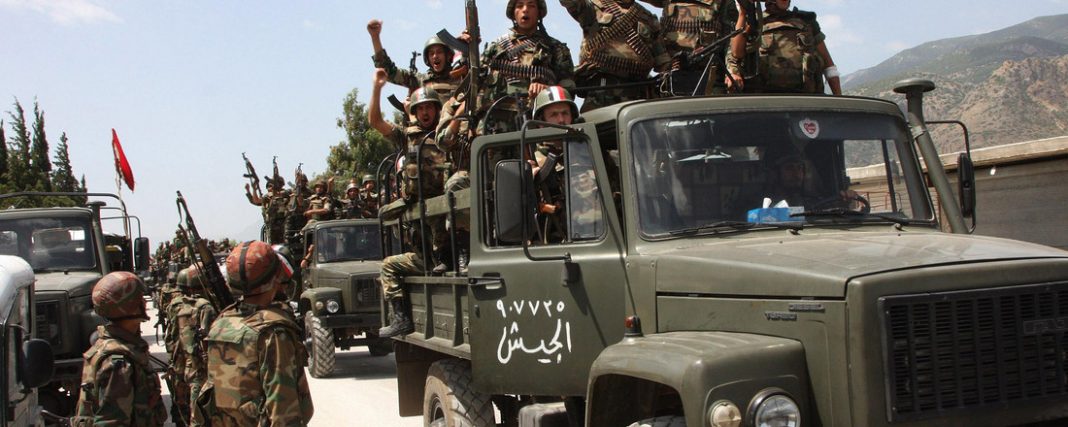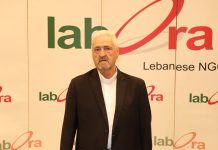Syria refugee crisis: Arab League’s inaction is shameful
Khalaf Ahmad Al Habtoor/Al Arabiya/September 21/15
Everyone is talking about the refugee crisis overwhelming Europe – everyone apart from the League of Arab States, that is. To date it has had little to say on the topic and, as far as I can tell, has no plan to help alleviate the problem. Why have there not been any emergency summits announced? Where are the voices from Arab capitals offering solutions? Perhaps there is a notice pinned to the League’s front door with the words ‘Gone fishing’.Why is the League’s Secretary General Dr Nabil el-Araby not holding crisis meetings with foreign ministers and jetting around the region to find ways of preventing Syrians and Iraqis from being treated worse than street dogs expected to be grateful when they are handed a bottle of water every now and again?We Arabs are always stressing our honour but just how honourably is the Arab League behaving, as it watches as our Arab brothers are being shuttled from pillar to post like pawns on a chessboard? Surely he sees their plight. The lucky ones have tents or blankets. Most are sleeping on pavements, unable to wash for days or weeks. Women are giving birth in the street. Mothers run out of baby milk. Diabetics have nowhere to keep their insulin refrigerated. Many report that the little money they had was stolen along with their mobile phones.
‘Where are the Arabs?’
The very least the Arab League should be doing is finding temporary refuge to allow these unfortunate people to live in dignity, while pressing hard on the international community to solve the root causes of this exodus. We Arabs are always stressing our honour but just how honorably is the Arab League behaving, as it watches as our Arab brothers are being shuttled from pillar to post like pawns on a chessboard? Our countries have wealth and we have lands, and so it is little wonder that Europeans are increasingly asking “where are the Arabs?” The League is made up of 22 countries, yet two of the poorest – Jordan and Lebanon – are bearing the brunt of the refugee influx. The majority of the refugees are Syrians fleeing war and terrorism in their hundreds of thousands. Scared and tired, they trudge on hoping there is somewhere on this planet where they can live in peace. Instead, thousands have been met with barbed wire fences, riot police wielding batons, tear gas and water cannons. You would have to have a heart of stone not to be moved by the hardships and indignities these people are being made to suffer. The images of a well-known Syrian football coach holding his young son being deliberately tripped by a callous camerawoman, or that of an anguished man seen carrying his child with blood streaming down his head, or those of children choking from gas or lying comatose on the ground in the no man’s land between Serbia and Hungary do not belong to Europe in the 21st century. Were we not given to believe that we would never again witness such examples of man’s inhumanity to man, let alone to women and children, on European soil?
Some opening their doors
That said there are European states, notably Germany, Austria and Sweden, that are opening their doors and doing what they can to handle this enormous influx of humanity as best as they can, even as others refuse to call terrorised people from Syria, Iraq and Afghanistan “refugees”. Instead they are being referred to by countries that don’t want them as “illegal migrants”, “gangs” or “mobs” – their arrival characterized as “an invasion” with those who manage to break through prosecuted like criminals. U.N. Secretary General Ban Ki-Moon said he was shocked at the way refugees are being treated. “It’s not acceptable,” he said. Pope Francis has demanded that every Catholic parish or institution accept a minimum of one refugee family but he is facing a rebellion in some quarters, with the words “Today’s refugee could be tomorrow’s terrorist”.The German Chancellor Angela Merkel has shown exemplary leadership. Together with the European Commission President Jean-Claude Juncker, she is calling for an EU-wide quota system that would oblige member states to absorb refugees according to their capacity in terms of GDP and unemployment statistics, against strong objections from Hungary, the Czech Republic, Poland and Slovakia threatened with losing their EU funding.
Diplomatic rifts
This situation now threatens to destroy the Schengen Agreement that allows for free movement between EU states; all the accusations flying between neighboring countries with very different views could cause severe diplomatic rifts. Bashar al-Assad says the refugee crisis is all the fault of the West for arming opposition forces. Naturally, he will say anything to lift the blame from his own shoulders. If he had heeded his own people by stepping down in 2011 instead of slaughtering them, none of this mess would have happened. No one emerges from this with a halo, and certainly not Barack Obama whose lack of leadership has allowed the Syrian conflict to fester into a terrorist swamp. Out of the so-called moderate fighters trained by the U.S. only five remain in theatre. Not five thousand or five hundred. Just five guys wandering around with guns.
A blind spot on Syria
European leaders have done nothing other than make speeches and attend summits. Turkey’s playing a duplicitous game, using Daesh as a pretext to kill its Kurdish enemies. And as for the Arab World… well, what can I say. I am not sure what is going on behind the scenes, but on the surface it appears that Arab leaderships, except those of the GCC, Jordan and Lebanon, have a blind spot on Syria. We did the right thing by intervening in Yemen and now the Houthi rebels are on the back foot. It is about time the Arab coalition turned its attention to Syria. It has taken a flood of refugees into Europe – and a Russian weapons build-up in Syria that could portend Moscow’s full scale military intervention – to galvanize the United Nations into sending its envoy to Damascus to discuss peace proposals. Plus, John Kerry appears open to discussions with his Russian counterpart on military solutions.Until when will we continue relying on foreign powers to save us?
We did the right thing by intervening in Yemen and now the Houthi rebels are on the back foot. It is about time the Arab coalition turned its attention to Syria. The Arab world needs a union that is strong and resourceful with a mandate from all member countries to take action whenever the peace and security of our region is threatened. Otherwise, what is it other than an expensive mega majlis administrated by clerks?We will shortly be celebrating Eid al-Adha with family and friends, enjoying good meals and good company, while tens of thousands of Syrians at the mercy of European states go without food and shelter, their future uncertain. Enough! It is the time for the Arab League to resume its duties, and try to salvage our Arab honour.
Warplanes, not diplomacy, on Syria’s horizon
Sharif Nashashibi/Al Arabiya/September 21/15


















